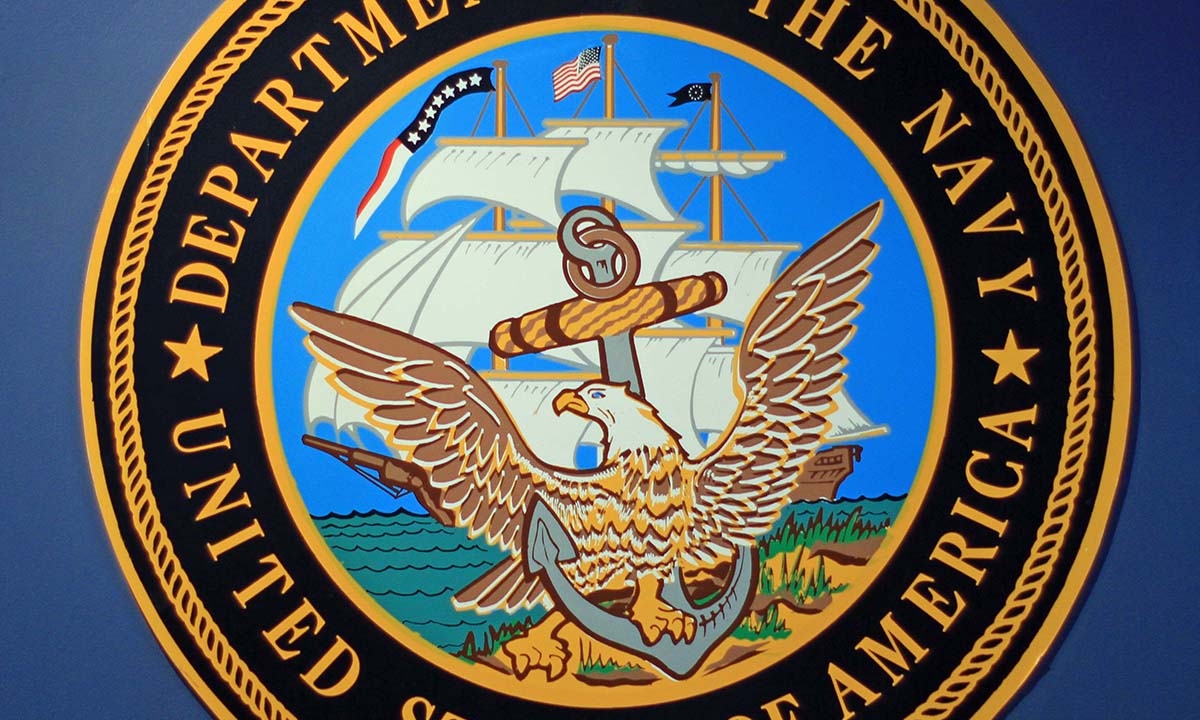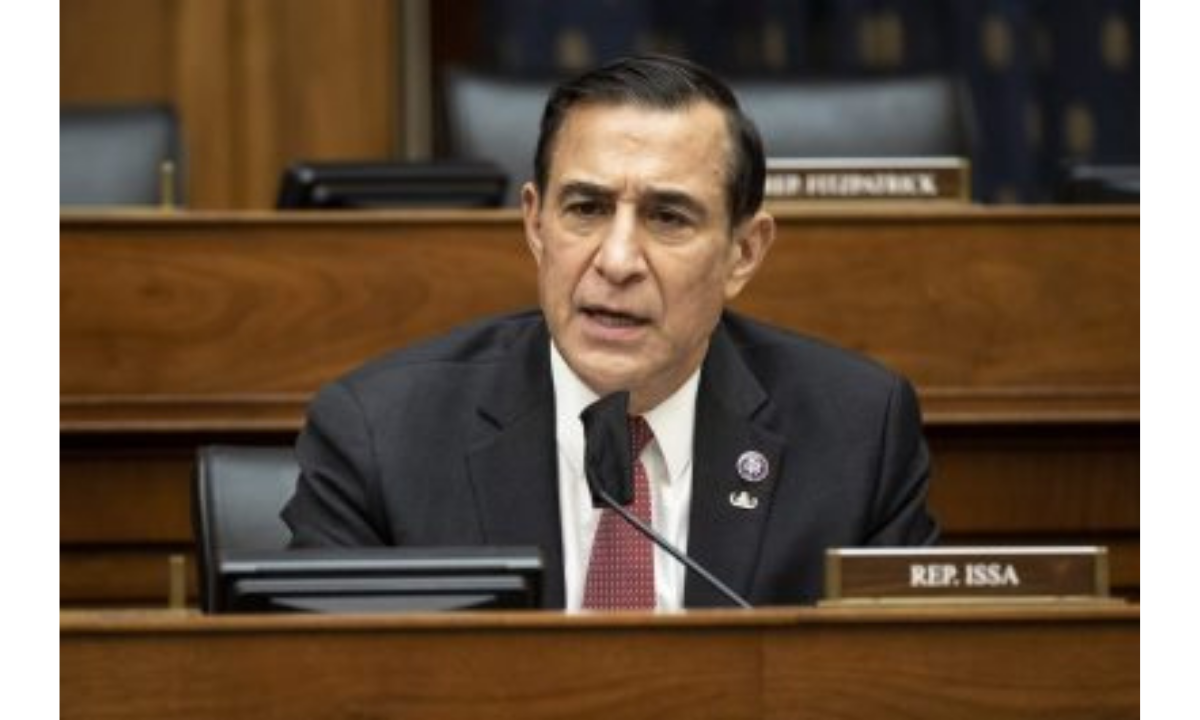Navy Special Operations Chief Edward Gallagher was temporarily released by a military judge on May 30 and allowed to return home. His case has been held back by a political disagreement and accusations of prosecutorial misconduct. There have been multiple confirmed cases of misdeed against him, with people tracking emails sent to him by defense lawyers.
The San Diego-based Navy SEAL has been accused of stabbing a 15-year-old ISIS member in Mosul, Iraq and opening fire on Iraqi citizens in May 2017. Upon returning, he was required to defend his case and go to court in the process. Multiple political leaders and Navy officers have taken up the Navy SEAL’s case, including Republican Congressman Duncan Hunter, who pleaded for Gallagher to be released from the Miramar brig he was being held in.
The Associated Press called the misdeeds and email tracking “unethical,” and have expressed condemnation for the situation. Commander Christopher Czaplak, who was involved with the email tracking, defended the decision by saying the activity ended on May 10 when they found a suspicious email with an “odd logo of an American flag with a bald eagle on the scales of justice in an email signature.”
This case calls into question what is and should be considered unethical conduct, especially by members of the military serving overseas in combat environments. Both sides of this case face that question, and the answer doesn’t appear to be obvious.
Was it ethical for Special Operations Chief Gallagher to stab a 15-year-old ISIS member to death? Also, was it ethical for Commander Czaplak to track the defendant’s emails until confronted about it? It also raises important questions about the military’s power and privacy, an issue becoming more salient in the technological age.




